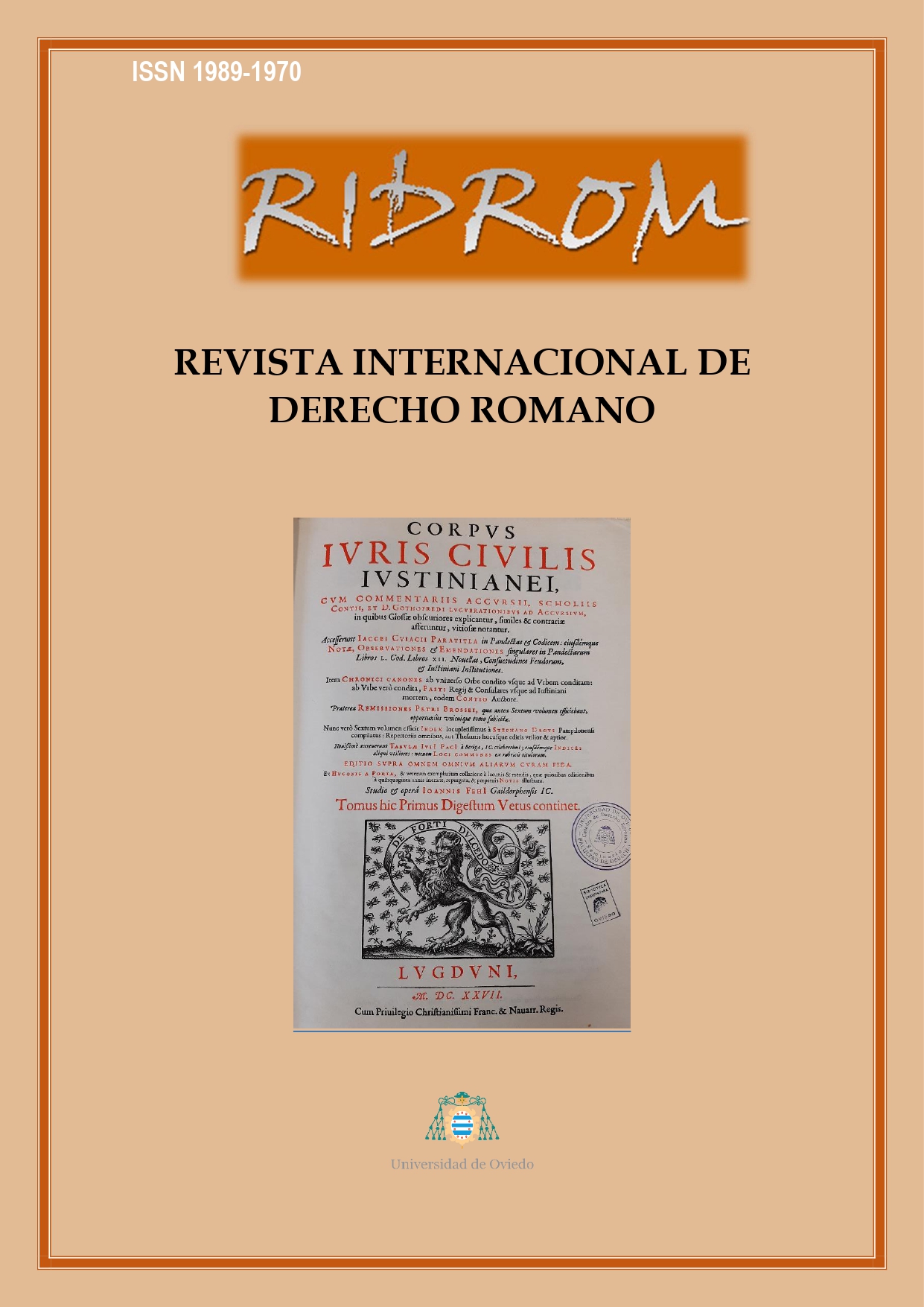Abstract
All legal acts by virtue of which an obligation ceases to exist give cause for the extinguishment of obligations. The mode of extinguishment par excellence is payment (solutio), which implies fulfilment of the service that constitutes the object of the obligation. Among the other modes of extinguishment, whether ipso iure or ope exceptionis, substantial or merely formal, voluntary or involuntary, we find extinguishment by confusion or merger or rights. Confusion arises when the qualities of creditor and debtor meet together in one person. That situation can arise in business inter vivos and in business mortis causa. With regard to business mortis causa, it can happen both in a general and in a personal capacity. In these cases, the doctrine has always questioned whether the extinguishment of the debt really removes the obligatory legal relation that originated it. What happens if the facts that were the cause of the confusion were subsequently rendered void? Will there be a revival of the obligation that was considered extinguished? Will its reinstatement ensue?..Downloads
Download data is not yet available.

